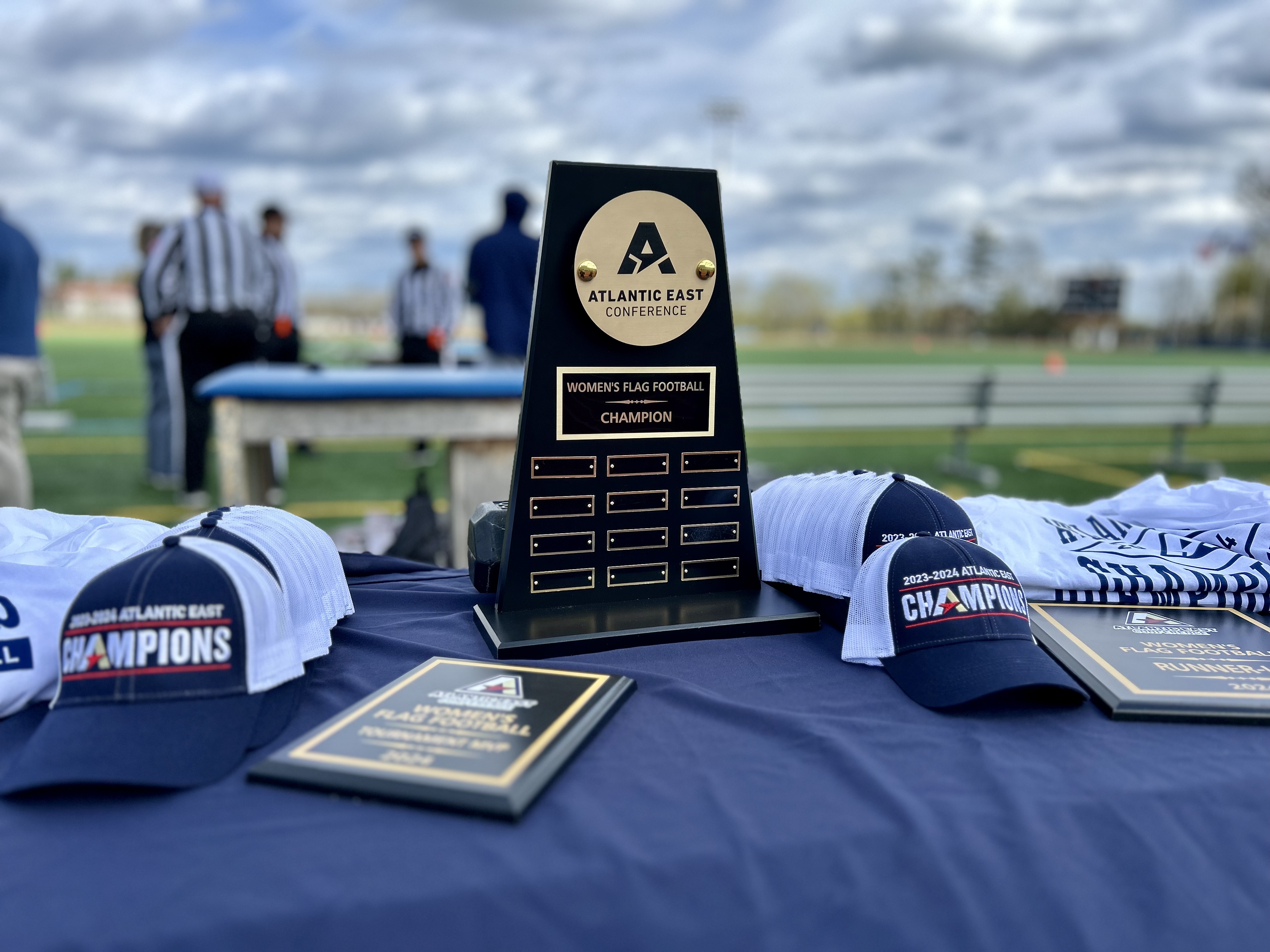A Levittown, Pa. baby girl who captured the hearts of thousands nationwide and even inspired the passing of a state law passed away.
Hannah Ginion died Sunday morning, according to her family. She was only a year old.
A candlelight vigil for Hannah was held Sunday at 5:30 p.m. at John Fitch School on 101 Greenbrook Drive in Levittown. Around 1,000 people attended.
"She changed the world," said Hannah's mother Vicki Pizzullo while in tears. "We're just so blessed to have everybody here for us because it's something you can't go through alone."
Hannah suffered from a rare genetic disorder known as Krabbe Disease.
The young girl, who was born on January 15, 2013, seemed healthy at first, according to Pizzullo.
Local
Breaking news and the stories that matter to your neighborhood.
"She was progressing like a normal baby," Pizzullo told NBC10 in March. "She was perfectly healthy."
By the time Hannah turned 4-months however, the family noticed that something was wrong.
"It came on really slow," Pizzullo said. "She started crying all the time. She hated eating out of a bottle, she was choking and she was losing her swallowing ability. She would suck on a bottle and she would start choking. When we went to go feed her again, she was scared to eat."
The family then took her to the Children's Hospital of Philadelphia where they learned the devastating news. On June 17, 2013, Hannah was diagnosed with Krabbe Disease, a rare degenerative disorder that affects the myelin sheath of the nervous system. Damage to the sheath slows down messages between the brain and the rest of the body, leading to problems with mental and physical development.
Krabbe Disease is so rare that it only affects 1 in 100,000 people, according to the U.S. National Library of Medicine.
Symptoms of the disease, including feeding difficulties, fever, vomiting, limb stiffness and seizures, normally begin to show when the child is between 3 to 6 months old. Infants who suffer from the disease generally have a life-expectancy of 2 years at the most. There is currently no cure.
After being told by doctors at CHOP that they weren't familiar enough with the disease to properly treat it, the family took Hannah to Dr. Maria Escolar, a specialist in the study of Neurodevelopment in rare disorders at the Children's Hospital of Pittsburgh. By then however, it was too late to get a transplant that could have alleviated some of the symptoms.
"Once symptoms start, it's too late to go back to a transplant," Pizzullo said. "That's why it's so important to have it when they're born."
According to the family, Hannah could have received more effective treatment if doctors knew she had the disease immediately after her birth, a message that they ultimately took to Pennsylvania lawmakers.
"We went to Harrisburg in October and went in front of the House and had a press conference," she said.
The press conference led to the introduction of a bill known as Hannah’s Law, which would add Krabbe disease and five other disorders to the list of conditions Pennsylvania hospitals must screen for newborns.
House Bill 1654, introduced by State Rep. Angel Cruz, passed the state house last January. In October, it was signed into law by Governor Tom Corbett. Pennsylvania is the sixth state to pass the legislation.
Pizzullo quit her job of 15 years to be with her daughter and dedicated her life to raising awareness for the disease. Along the way, the family gained support from the community and followers nationwide, after they created a website and Facebook page.
"We just love all of her followers," Pizzullo said. "They're just amazing. People are so supportive, especially our community."
Despite her situation, Pizzullo said she took solace in the fact that her daughter was an inspiration and major factor in a movement that could ultimately save the lives of other children.
"If we could help other families and have her name be forever known, it would just be amazing," Pizzullo said.
Pizzullo and Hannah's father Justin Ginion thanked all of their supporters during Sunday's candlelight vigil.
"We wouldn't have gotten through this if it wasn't for everybody," Ginion said. "All these people. They all played their own little parts in every step of the way."
Hannah's family created a donations page for funeral costs. You can visit the page and donate here.



